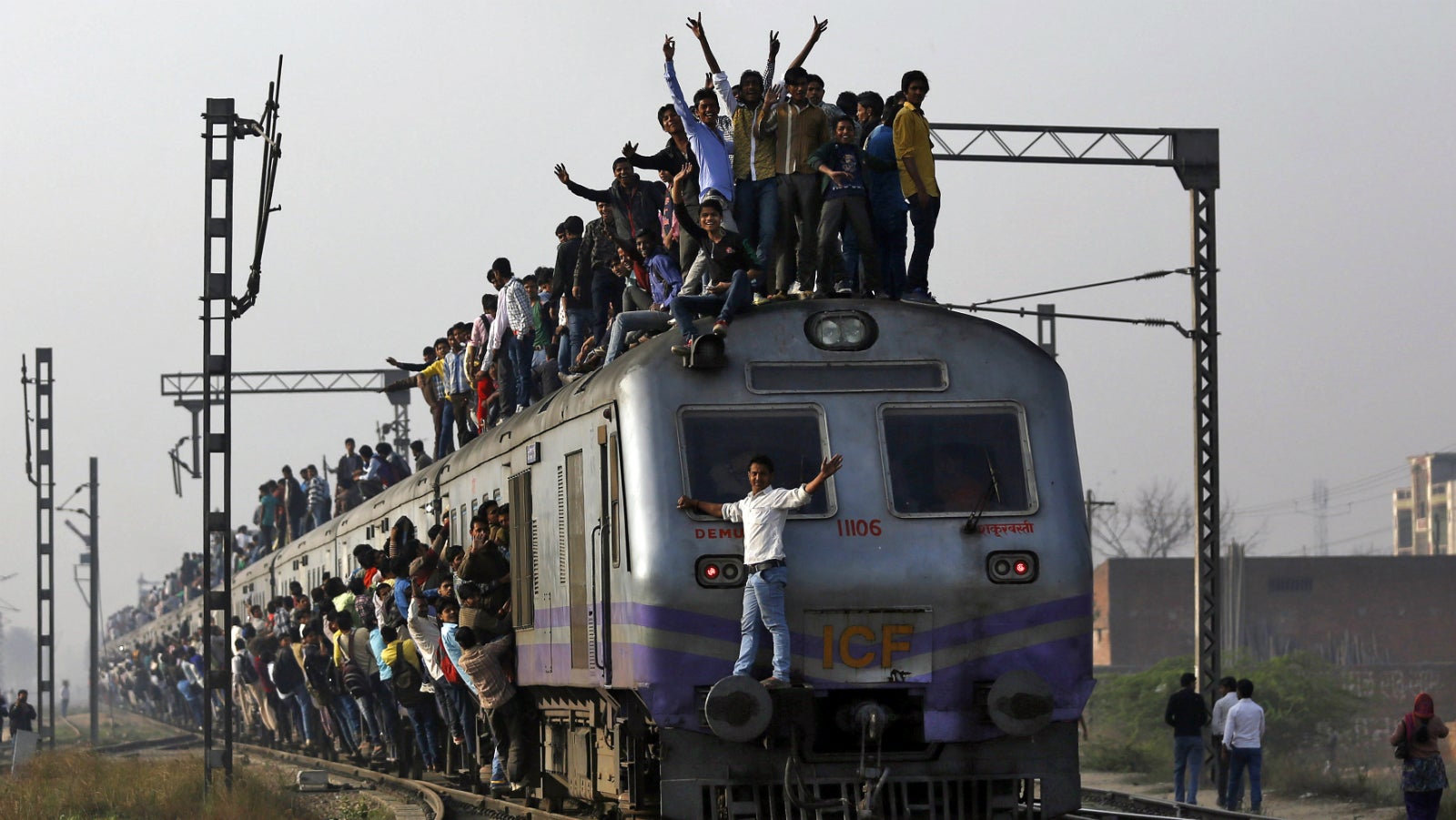What do India’s youth really care about?
Asia’s third-largest economy is also home to the world’s largest population of youth. This makes it a strong factor in the country’s future decision-making process.


Asia’s third-largest economy is also home to the world’s largest population of youth. This makes it a strong factor in the country’s future decision-making process.
India’s youth remain among the world’s most optimistic about current and future prospects, an IPSOS study has found. However, a lack of jobs, gender inequality, and education are some of the issues that still nag them.
The survey, conducted for the Bill and Melinda Gates Foundation’s Goalkeepers campaign, sought the opinions of youngsters from 15 countries, including 500 Indians aged 12 years and above. They were further categorised as youth (aged between 12 years and 15 years) and adults (16 and above). The survey was further divided into results from high-income, low, and middle-income countries. The survey classified India as a low-and middle-income country.
Over 75% of Indian adults and 78% of Indian youth think their generation will have a more positive impact on the world than their parents. Indians also remain fairly knowledgeable about politics and government compared to any other nation, IPSOS noted. Indians were followed by youth from Saudi Arabia (55%) and the US (45%) who claimed to be really tuned into politics and government.
Despite this positivity, Indian respondents agreed that their leaders could focus more on issues such as poverty, access to jobs, and education. Half of India’s population is under the age of 25. This implies that the country is likely to face a unique challenge of generating quality employment for a large mass of people entering the workforce.
However, they are also aware of the inequalities that exist in the country today.
Those surveyed were aware of the privileges drawn by men in the country. IPSOS noted that Indian youth are more likely than those of any other country to agree that life is better for men than for women. Of the respondents, 76% agreed to this, a number higher than in any other country. On average, in low and middle-income countries, 44% of the respondents agreed to this.